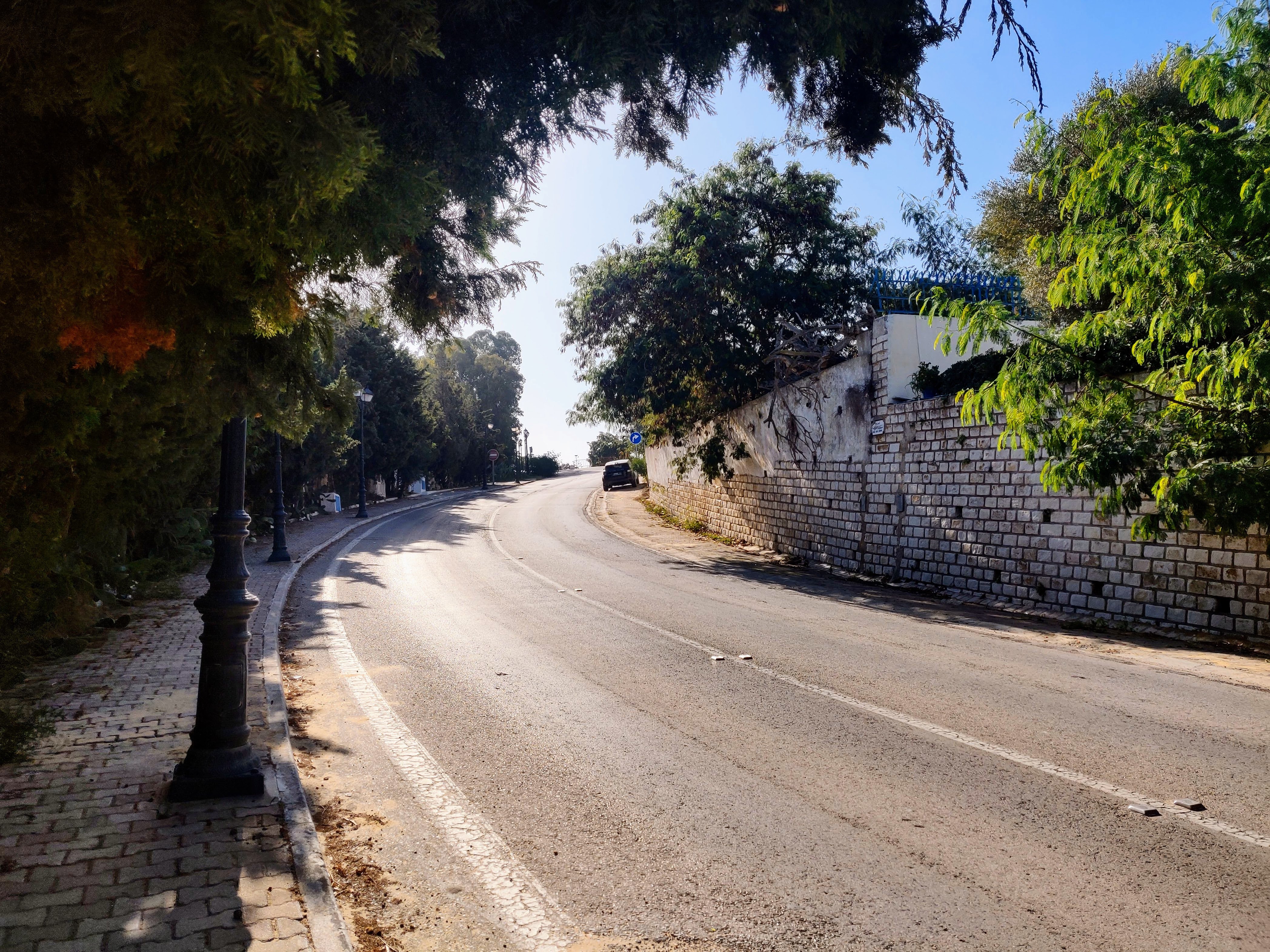Loading...
The hidden harms of road projects
June 2025
Drawing on data from 1,648 complaints in the Console database, Stanford student Leily Rossi explores why road infrastructure projects are the most complained about sub-sector, surpassing even energy and extractives. Through a look at the World Bank’s Pro Routes project in the DRC and the EIB and EBRD-funded Gazela Bridge project in Serbia, the article highlights harm caused by many road investments. It calls for stronger consultation, enforceable safeguards, and more accountable implementation in road projects, to ensure that development does not come at the expense of communities’ rights and survival.
Research: The hidden harms of road projects
By Leily Rossi — June 3, 2025

Accountability Spotlight
Noteworthy updates on Bank and IAM policy and practice
UN BHR Working Group Shares Accountability Concerns About the World Bank and Asian Development Bank’s Full Mutual Reliance Framework
The UN Working Group on Business and Human Rights recently sent letters to the presidents of the World Bank and Asian Development Bank on the institutions’ Full Mutual Reliance Framework. The letters highlight the concern that the FMRF is a dilution of the institutions’ due diligence and accountability standards and call on the institutions to use their collective leverage to ensure that any harmful impacts are remedied.
Civil Society provides joint recommendations to strengthen the Asian Development Bank’s Accountability Mechanism
Ahead of the ADB’s Annual Meetings, robust recommendations to address barriers to accessing, navigating and achieving remedy, as made evident by community experience and empirical evidence.
Broadly endorsed Position Statement on Financiers’ Responsibilities regarding Indigenous Peoples’ Rights and Biodiversity released after the United Nations Permanent Forum on Indigenous Issues adjourned
Indigenous leaders, organizations, and allied partners representing 34 countries and working globally have released a position statement urging banks to manage their impacts on biodiversity and critical ecosystems while also protecting Indigenous Peoples and affected communities. The statement calls on financial institutions to: (a) Adopt and implement robust policies that uphold Indigenous Peoples’ rights; (b) Conduct thorough and inclusive due diligence; and (c) Ensure Free, Prior, and Informed Consent (FPIC) is obtained from affected Indigenous Peoples.
Consolidated Mining Standards Initiative consultation report highlights stakeholder concerns about the robustness of proposed standards and mechanisms for grievance redress
The CMSI Consultation Reports notes areas for improvement, including (a) consistently applying grievance mechanism and remedy requirements as foundational practice, (b) ensuring that grievance mechanisms are culturally appropriate to communicate effectively with Indigenous Peoples, and (c) creating a CMSI-level public grievance mechanism that is aligned with UN Guiding Principles on Business and Human Rights and engrained in the CMSI’s governance model.